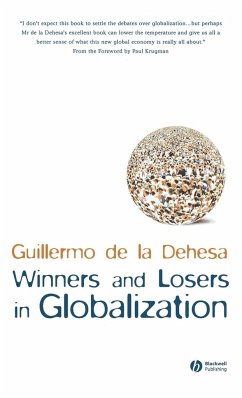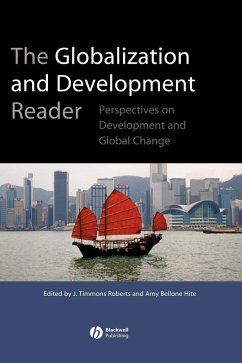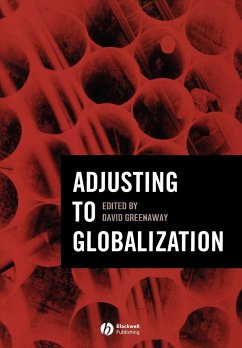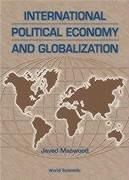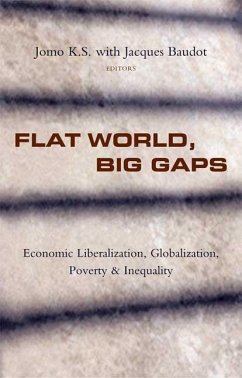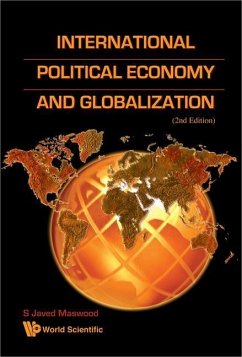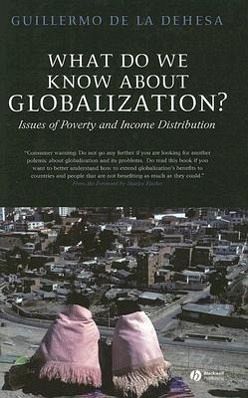
What Do We Know about Globalization?
Issues of Poverty and Income Distribution

PAYBACK Punkte
22 °P sammeln!
What Do We Know About Globalization: Issues of Poverty and Income Distribution examines the two fundamental arguments that are often raised against globalization: that it produces inequality and that it increases poverty. Here Guillermo de la Dehesa, current Chairman of the Centre for Economic Policy Research (CEPR), demonstrates how, despite popular belief, acceleration of globalization actually stands to reduce the levels of poverty and inequality worldwide, and explains, in detail, the ways in which wealthy nations and developing countries alike have failed to implement changes that would r...
What Do We Know About Globalization: Issues of Poverty and Income Distribution examines the two fundamental arguments that are often raised against globalization: that it produces inequality and that it increases poverty. Here Guillermo de la Dehesa, current Chairman of the Centre for Economic Policy Research (CEPR), demonstrates how, despite popular belief, acceleration of globalization actually stands to reduce the levels of poverty and inequality worldwide, and explains, in detail, the ways in which wealthy nations and developing countries alike have failed to implement changes that would result in a reversal of these social ills. Dehesa dispels the notion of the so-called 'victim of globalization', and poses the question: could increased technological, economic, and cultural change actually save the world from international income inequality; and by extension, further violence, terrorism, and war?




